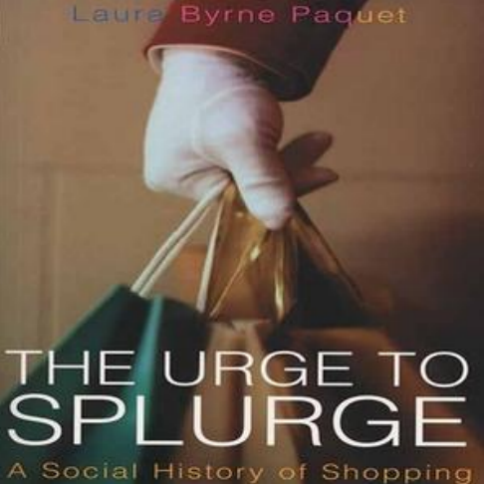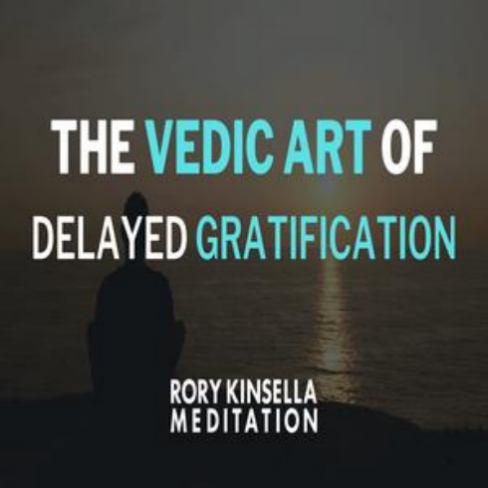In a world filled with upscale shops, exclusive online stores, and focused advertising, wealthy individuals frequently face a clash between wants and needs. The temptation of new designer clothes, cutting-edge devices, or lavish experiences can be strong. However, before giving in to the urge to spend, it's important to take a moment and consider: "Is this something I truly need?"

The Illusion of Scarcity and FOMO
Luxury brands take advantage of people’s fear of missing out (FOMO) by creating limited editions and exclusive deals, which push wealthy customers to make quick purchases. However, this fake scarcity often hides the absence of lasting value or usefulness. For example, a limited-edition luxury watch might appear necessary because of its exclusivity, but it could serve the same purpose as watches they already own.When affluent shoppers learn about these psychological tricks in marketing, they can counter the influence of FOMO. By understanding the methods used, they can choose to buy thoughtfully and logically, instead of giving in to fleeting urges.
The Hidden Costs of Impulse Purchases
For individuals who spend a lot, buying things on impulse often brings extra costs that go beyond just the price tag. Take, for example, a luxury sports car; it also comes with recurring payments such as insurance, upkeep, and expensive parking—expenses that frequently surpass its initial charm. Items that are not used create what can be called a "mental clutter tax," which tires people out due to the need for constant organizing and management.By taking these hidden costs and mental strains into account, wealthy shoppers can better determine if a purchase offers real, lasting value or is just a temporary treat.
Aligning Purchases with Personal Values
A deeper approach to deciding if a purchase is worthwhile is to connect it with individual values. Wealthy individuals frequently have the resources to back causes important to them through what they buy. Rather than opting for a fashionable yet short-lived luxury product, they might choose to support sustainable fashion brands that foster ethical production or help local craftspeople.For people who value education, acquiring a limited edition book set or supporting a scholarship program could be a more rewarding way to use their money. When making purchases that align with their values, people not only gain items that matter to them but also help benefit society as a whole.

The Art of Delayed Gratification
Waiting before making a big purchase can be a helpful way to spend wisely. People who often buy expensive things might try to pause for a week or even a month. This waiting period gives them the chance to think about whether they still want the item or if the urge goes away.Using this method helps calm strong feelings so they can think clearly. It also allows them to look at other choices and decide if there are better or more fulfilling ways to meet their needs or wants.

The Long - Term Perspective
Wealthy individuals ought to focus on value that lasts rather than short-lived pleasures. Rather than chasing temporary fads, think about how your purchases support your future happiness and life ambitions. A good investment in art, for example, can increase in value and continually inspire you, while trendy products often fade in popularity quickly.
To prevent hasty buying, try being more mindful about what you consume. Be aware of advertising tricks, consider hidden expenses, ensure your purchases reflect your personal beliefs, practice waiting before buying, and assess the long-term effects. By doing this, each purchase will become a thoughtful choice that adds to your life instead of just a fleeting treat.





